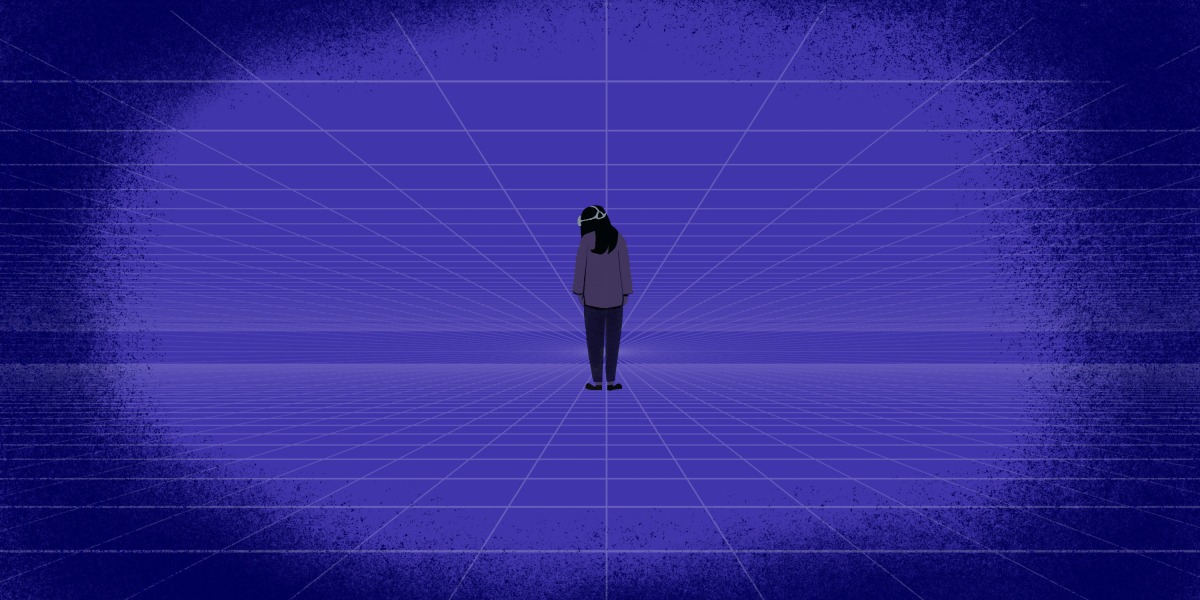
Elena Lister, a psychiatrist at Columbia University who specializes in grief, says a healthy level of denial about death is necessary. But now, Lister says, her colleagues are talking about a pandemic of loss that’s being felt across society—the product of mass death compounded by stunted mourning.
In particular, doctors like Lister worry about complicated grief, a psychiatric disorder diagnosed when, a year after a loss, the pain of acute grief hasn’t begun muting. About 10% of the bereaved have it; they remain severely socially withdrawn and despairing, incapable of resuming the activities of their life.
“What those people are doing is having an experience where they’re putting what’s deeply, deeply painful inside of them into words.”
The pandemic created particularly fertile ground for complicated grief. Funerals are meant to kick-start the process of integrating loss into our new reality, but for two years, “we couldn’t be together to hug and cry and sob,” she says. Lister thinks experiencing the pandemic has actually left people more avoidant of discussing death.
To explain the promise of processing grief in VR, Lister paraphrases wisdom from Mr. Rogers: “What’s mentionable is manageable.” When avatars file into Death Q&A, “what those people are doing is having an experience where they’re putting what’s deeply, deeply painful inside of them into words,” Lister says, turning raw torment into something workable.
Social isolation makes it more likely that loss will harden into complicated grief. But mourning invites estrangement. Everyday conversation can feel unbearably trite when your loss feels so much more piercing, but “after a while people don’t want to hear it because they can’t fix it for you,” Nickel says. Death Q&A hands a mic to that pain and supplies an eager audience; Lister says having that community is great for promoting a healthy progression through grief.
A VR support group might suit you better than a traditional one because “there’s protection,” she says. “You can control what’s seen about you.” Sharing through an avatar, to people you never have to see again, creates a digital veil that liberates people to be shockingly honest and vulnerable.
Indeed, this echoes how Matte describes her VR experiences. “I would come and say some pretty bad things in a matter-of-fact voice, and often [Nickel] would say—‘Whoa, you know, let’s stay with this a while,’” Matte says, noting how Ted worried about being a burden. ??“Some days I really don’t know how I went without walking around the house bawling all the time … so I told myself: Get your shit together.” Airing her devastation in VR helped her focus on making his death as comfortable as possible.
By 2021, Jeremy Nickel felt his nonprofit organization had reached an inflection point. EvolVR says 40,000 people had participated in its events since 2017. At that point, “we can either stay this sweet little thing that’s serving a couple hundred people,” he figured—or “we could make a play and try to share this with a whole lot more.”
